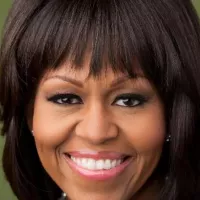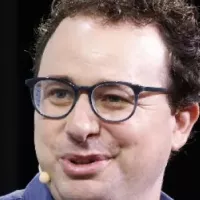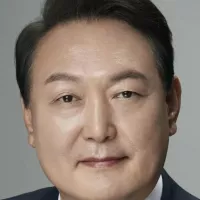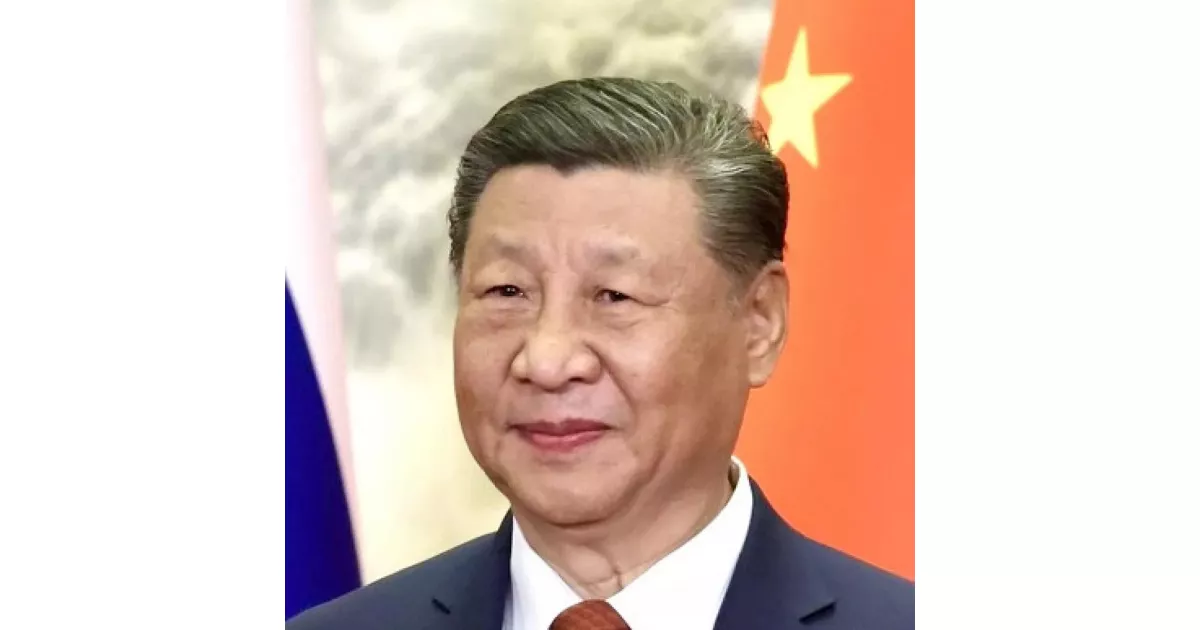Discover the defining moments in the early life of Xi Jinping. From birth to education, explore key events.
Xi Jinping is the paramount leader of China, holding the positions of General Secretary of the Chinese Communist Party (CCP) and Chairman of the Central Military Commission (CMC) since 2012, and President of China since 2013. He is a member of the fifth generation of Chinese leadership and the first CCP General Secretary born after the establishment of the People's Republic of China (PRC).
1949: Father's Posts After PRC Founding
After the founding of the PRC in 1949, Xi Jinping's father held a series of posts.
1952: Birth of Sister Qi An'an
In 1952, Xi Jinping's sister, Qi An'an, was born.
June 1953: Xi Jinping's Birth
In June 1953, Xi Jinping was born in Beijing, the third child of Xi Zhongxun and Qi Xin.
1954: Appointment of last Han Chinese head of the National Ethnic Affairs Commission
In 1954, the last Han Chinese head of the National Ethnic Affairs Commission was appointed before Chen Xiaojiang was appointed in 2020.
1963: Father Purged from CCP
In 1963, when Xi Jinping was ten years old, his father was purged from the CCP and sent to work in a factory in Luoyang, Henan.
May 1966: Cultural Revolution Halts Education
In May 1966, the Cultural Revolution cut short Xi Jinping's secondary education. Student militants ransacked the Xi family home, and one of Xi's sisters, Xi Heping, was persecuted to death.
1968: Father Imprisoned, Xi Applies to Leave for Countryside
In 1968, Xi Jinping's father was imprisoned when Xi was 15. Xi submitted an application to leave Beijing for the countryside.
January 13, 1969: Arrival in Liangjiahe Village
On January 13, 1969, Xi Jinping arrived in Liangjiahe Village, Yan'an, Shaanxi, as part of Mao Zedong's Down to the Countryside Movement.
1973: Assigned to Zhaojiahe Village
In 1973, Yanchuan County assigned Xi Jinping to Zhaojiahe Village in Jiajianping Commune to lead social education efforts before returning to Liangjiahe in July.
1974: Approved to Join the Chinese Communist Party
In early 1974, Xi Jinping's application to the Chinese Communist Party was approved after initial blockages due to his father's political persecution. Around that time, Xi was recommended to become the Party branch chairman of the Liangjiahe Brigade.
1975: Recommended for Tsinghua University
In 1975, the CCP Yanchuan County Committee recommended Xi Jinping for admission to Tsinghua University, and he traveled to Mianyang to learn about biogas digesters.
April 1979: Assigned to General Office of the State Council
After graduating in April 1979, Xi Jinping was assigned to the General Office of the State Council and the General Office of the CPC Central Military Commission, serving as a secretary to Geng Biao.
1979: Graduation from Tsinghua University
From 1975 to 1979, Xi Jinping studied chemical engineering at Tsinghua University as a worker-peasant-soldier student in Beijing.
March 25, 1982: Appointed Deputy Party Secretary of Zhengding County
On March 25, 1982, Xi Jinping was appointed deputy party secretary of Zhengding County in Hebei. Together with Lü Yulan, Xi addressed excessive requisitions that burdened local farmers.
1982: Religious Freedom in the Chinese Constitution
In 1982, religious freedom was written into the Chinese constitution.
1983: Agricultural Structure Adjustment in Zhengding
In 1983, Zhengding adjusted its agricultural structure, leading to an increase in farmers' incomes.
1985: Study Tour on Corn Processing and Transferred to Xiamen
In 1985, Xi Jinping participated in a study tour on corn processing in Iowa, US, and was transferred to Xiamen as vice mayor.
1987: Marriage to Peng Liyuan
In 1987, Xi Jinping married Peng Liyuan, a prominent Chinese folk singer.
1992: Interview with The Washington Post
In 1992, The Washington Post journalist Lena H. Sun interviewed Xi Jinping, who was then the CCP secretary of Fuzhou. He was described as at ease and confident.
2011: Profile in The Washington Post
In 2011, The Washington Post published an article describing Xi Jinping as pragmatic, serious, cautious, hard-working, down to earth and low-key.
2012: Showcased soccer technique in Ireland
In 2012, during a visit to Ireland as China's vice-president, Xi Jinping showcased his soccer technique at Croke Park.
March 2014: Peng Liyuan hosts Michelle Obama in China
In March 2014, Peng Liyuan, Xi Jinping's wife, hosted U.S. First Lady Michelle Obama during her visit to China.
2014: Described himself as a "moderate tea drinker" and a "passionate beer lover"
In a speech in 2014, Xi Jinping described himself as a "moderate tea drinker" and a "passionate beer lover".
2015: Met Ma Ying-jeou
In 2015, Xi Jinping met with Ma Ying-jeou.
2015: Daughter's graduation from Harvard University
In the spring of 2015, Xi Jinping's daughter, Xi Mingze, graduated from Harvard University.
January 2016: Two-child policy replaces one-child policy
In January 2016, China's two-child policy replaced the one-child policy, marking a shift in the nation's population control measures.
January 2020: Presided over Zero-COVID Policy
From January 2020, following the onset of the COVID-19 pandemic in mainland China, Xi Jinping initially presided over a zero-COVID policy.
May 2021: Introduction of three-child policy
In May 2021, the two-child policy was replaced with a three-child policy in China, continuing the evolution of family planning regulations.
July 2021: Removal of family size limits and penalties
In July 2021, China removed all family size limits and penalties for exceeding them, further relaxing previous restrictions on family planning.
December 2022: Shift Towards COVID-19 Mitigation Strategy
In December 2022, Xi Jinping shifted from the zero-COVID policy towards a mitigation strategy.
Mentioned in this timeline

Vladimir Vladimirovich Putin is a Russian politician and former intelligence...

Michelle Obama an American attorney and author served as the...

Barack Obama the th U S President - was the...

Joe Biden is an American politician who served as the...

The stock market is where buyers and sellers trade stocks...
Qatar is a country located on the Qatar Peninsula in...
Trending

35 minutes ago Selena Gomez's Spiced-Plum Manicure and TikTok Clone Theory Spark Buzz

35 minutes ago Kit Harington and Sophie Turner Gag After On-Screen Kiss in New Movie

36 minutes ago Trump administration updates, Iran nuclear efforts, and White House controversies unfold.

36 minutes ago Dario Amodei Highlights India's Central Role in Shaping AI's Future at AI Summit.

2 hours ago Yoon Suk Yeol, South Korean ex-president, receives life sentence for insurrection and martial law.

4 hours ago Maya Hawke and Christian Lee Hutson celebrated wedding with Stranger Things cast present.
Popular

Jesse Jackson is an American civil rights activist politician and...
Randall Adam Fine is an American politician a Republican who...

Pam Bondi is an American attorney lobbyist and politician currently...

Barack Obama the th U S President - was the...

Martin Luther King Jr was a pivotal leader in the...

Ken Paxton is an American politician and lawyer serving as...
